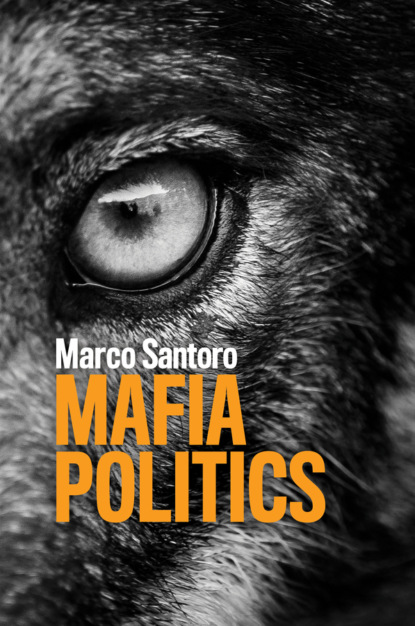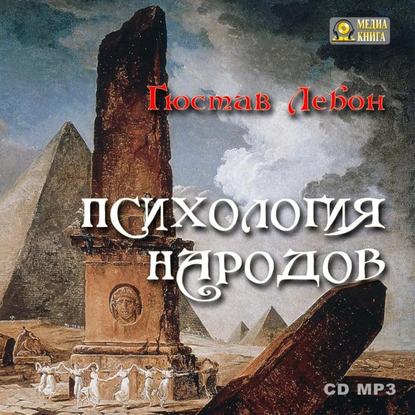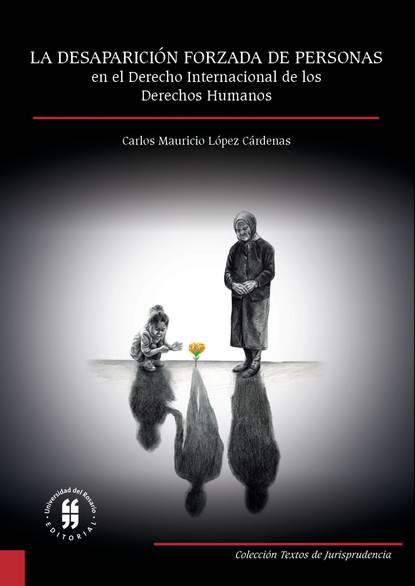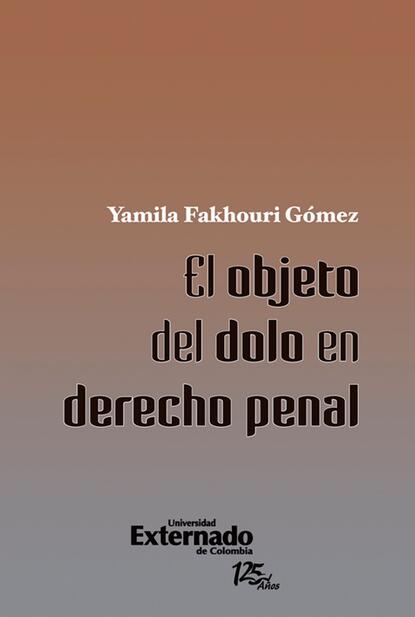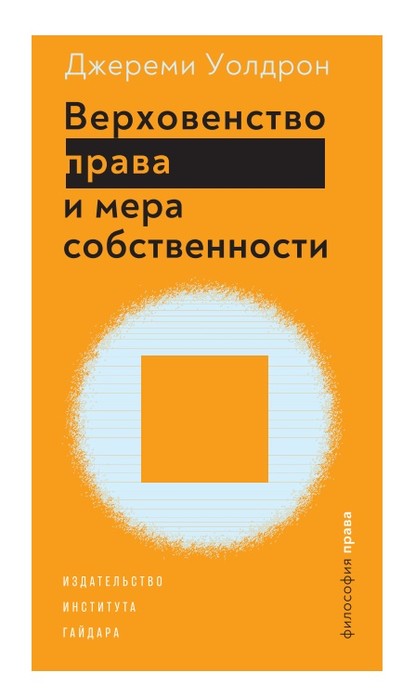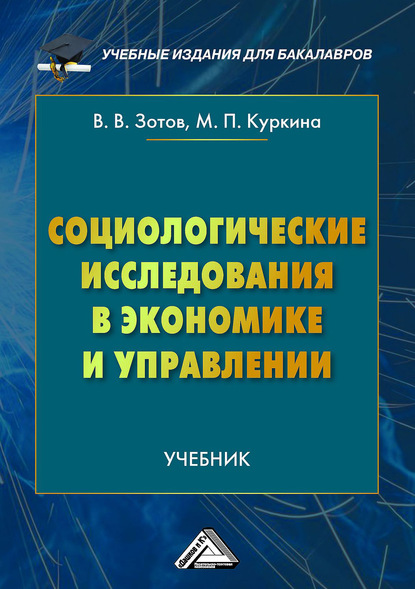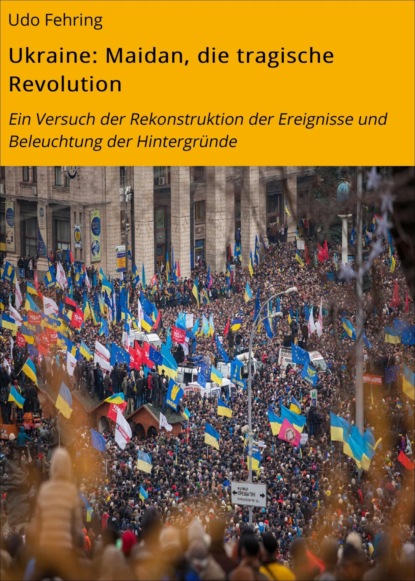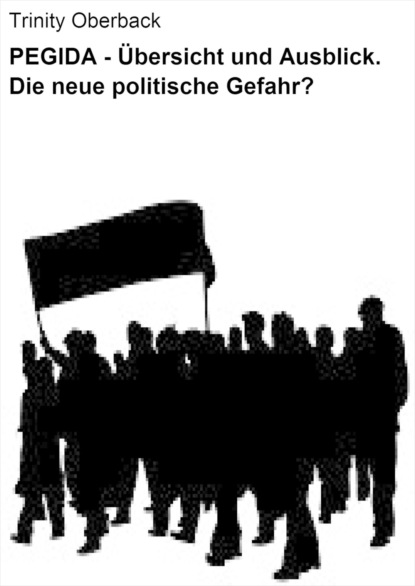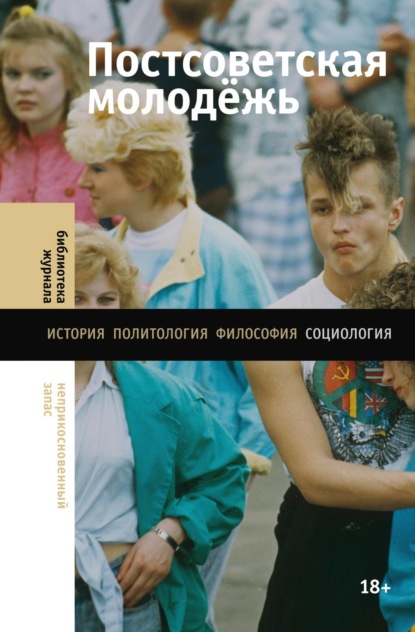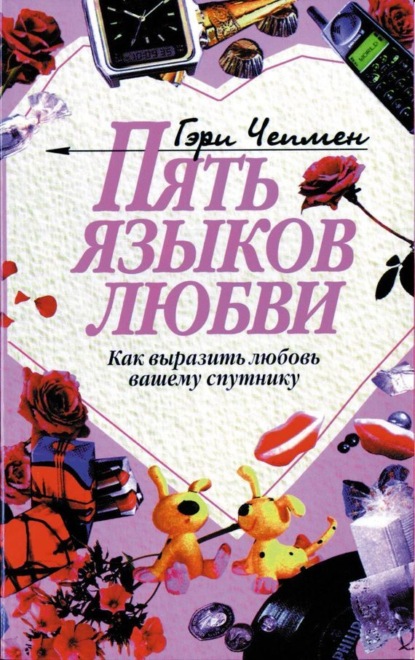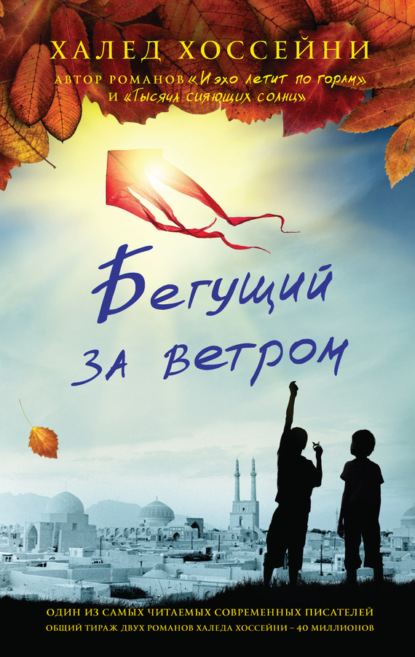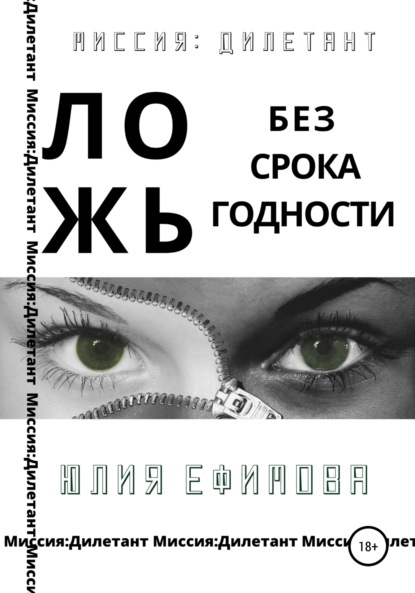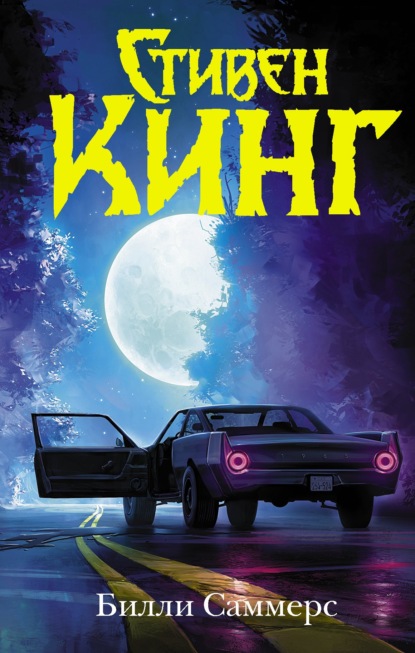В книге Marco Santoro раскрывается интересный анализ мафии. Он объясняет, что с точки зрения преступности и экономики мафия представляет собой частный вид охраны и расчетливого накопления капитала. Однако этот вид организации политических отношений, применения власти и борьбы за престиж может быть альтернативой этим подходам. Это исследование не является искажением или неудачей современной западной модели, основанной на верховенстве закона. Рекомендуется понимать мафию как старую, альтернативную традицию политики, подчеркивающую социальную сферу, где семейные отношения и обязательства являются главными. Сегодня мафия процветает среди маргинальных слоев населения и в регионах, которые еще не были включены в современную государственную структуру. Чтобы понять эту область, необходимо знать культурную социологию мафиози, которая предоставляет инструменты и концепции, необходимые для понимания символики и структур мафиозной жизни. Эта книга является уникальным взглядом на интересный, глобальный феномен мафии и позволяет по-новому взглянуть на это увлекательное явление.
This groundbreaking book offers an original and extensive analysis of violence and politics as represented by Mafia groups, particularly the Genovese-based Cosa Nostra. Breaking tradition that have regarded the Mafia merely as business and criminal enterprises, Marcel Santoro argues that the Mafia can be understood as an institutionalised politics grounded in Southern sociodemographic distinctiveness and based on traditional loyalties and obligations, rather than law. Indeed, while the elaboration remains one in its nature speculative, it does not contain any gross inaccurates, but offers precisely what it takes to support the claim that this effectively consolidates the contemporary ‘Mafia-state thesis’.
Электронная Книга «Mafia Politics» написана автором Marco Santoro в году.
Минимальный возраст читателя: 0
Язык: Английский
ISBN: 9781509545827
Описание книги от Marco Santoro
This ground-breaking book offers a deep and original analysis of the Mafia – in particular Cosa Nostra – as a distinct form of politics. Marco Santoro breaks with criminal and economic approaches which see the Mafia as an industry of private protection and rationally calculating wealth accumulation. Instead he argues that it represents an alternative way of organizing political relations, the exercise of power, and the struggle for prestige. Nor is this a distortion or failure of the modern Western state, based on the rule of law: the Mafia is best understood as an older, alternative tradition of politics, a distinctly Southern institutional arrangement of social life focused on personal ties and obligations. Today, the Mafia still thrives among subaltern classes and in regions that the modern state has not yet incorporated, as a conservative counter-politics of prestige. Pivotal to understanding this world is a cultural sociology of the Mafia, offering the tools and concepts necessary to penetrate the symbolism and structures of Mafia life. Blending diverse theoretical strands with folk sources and the voices of Mafiosi themselves, Santoro develops a political theory of the Mafia, shedding new light on this captivating, global, and remarkably resilient phenomenon.
